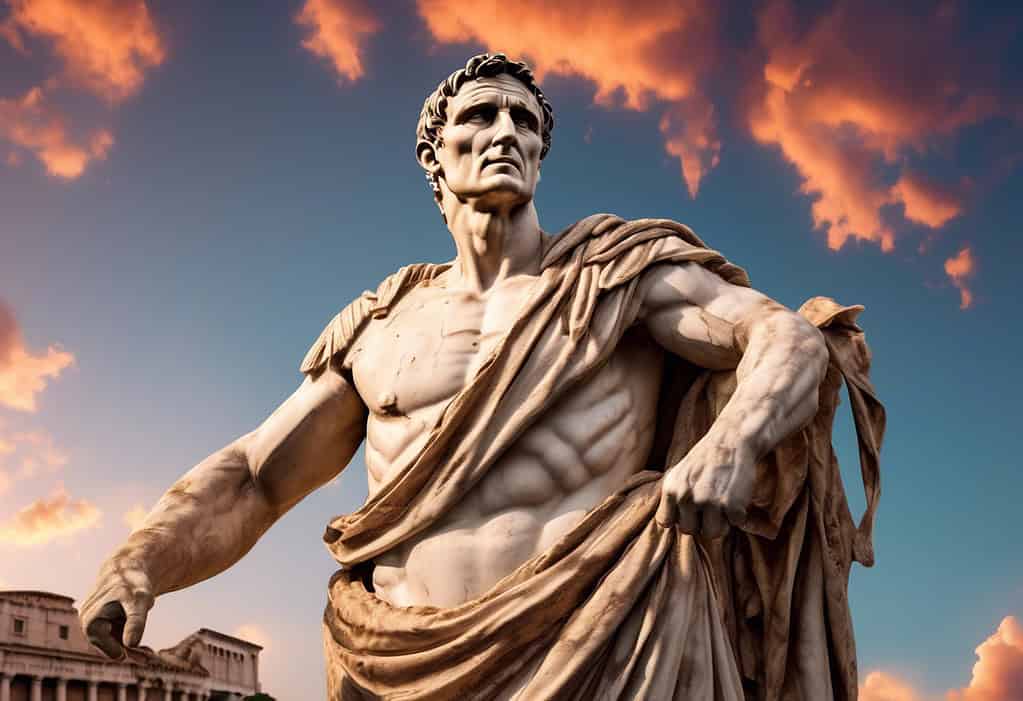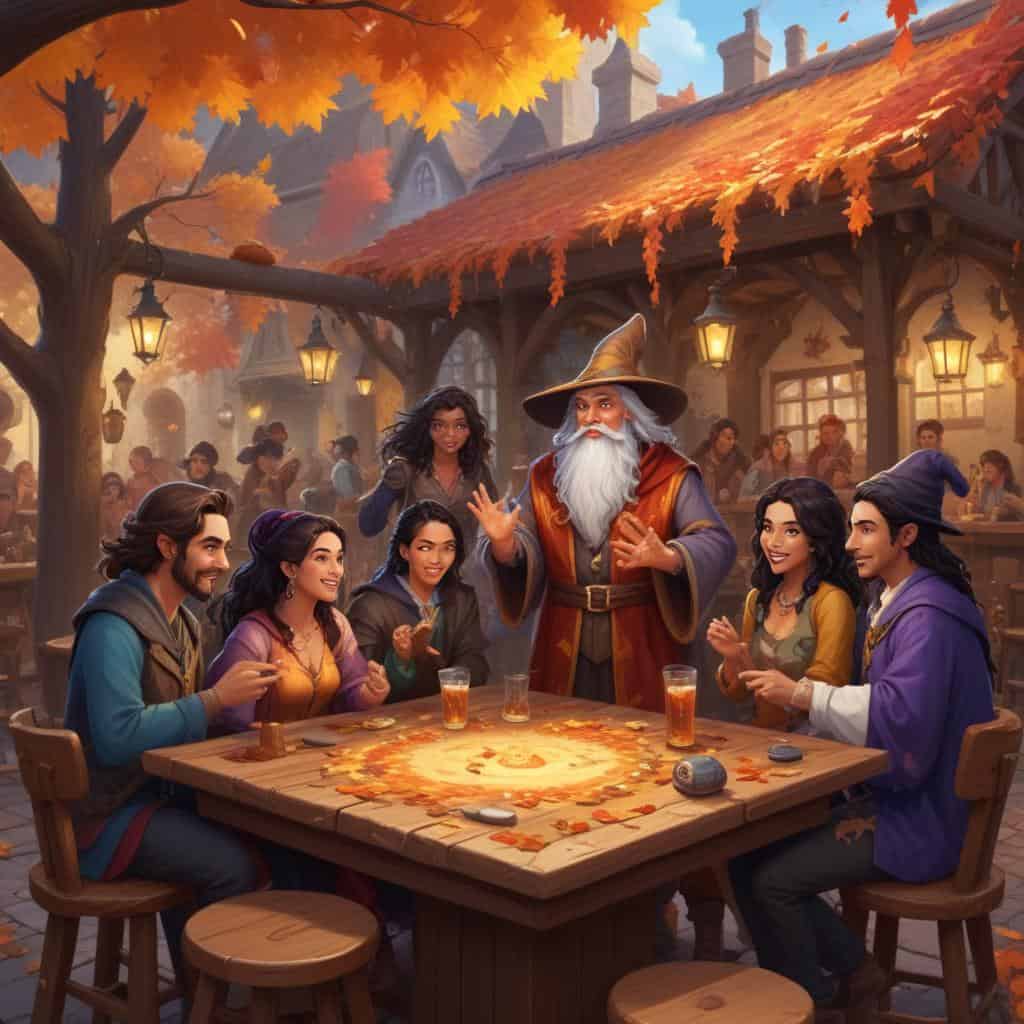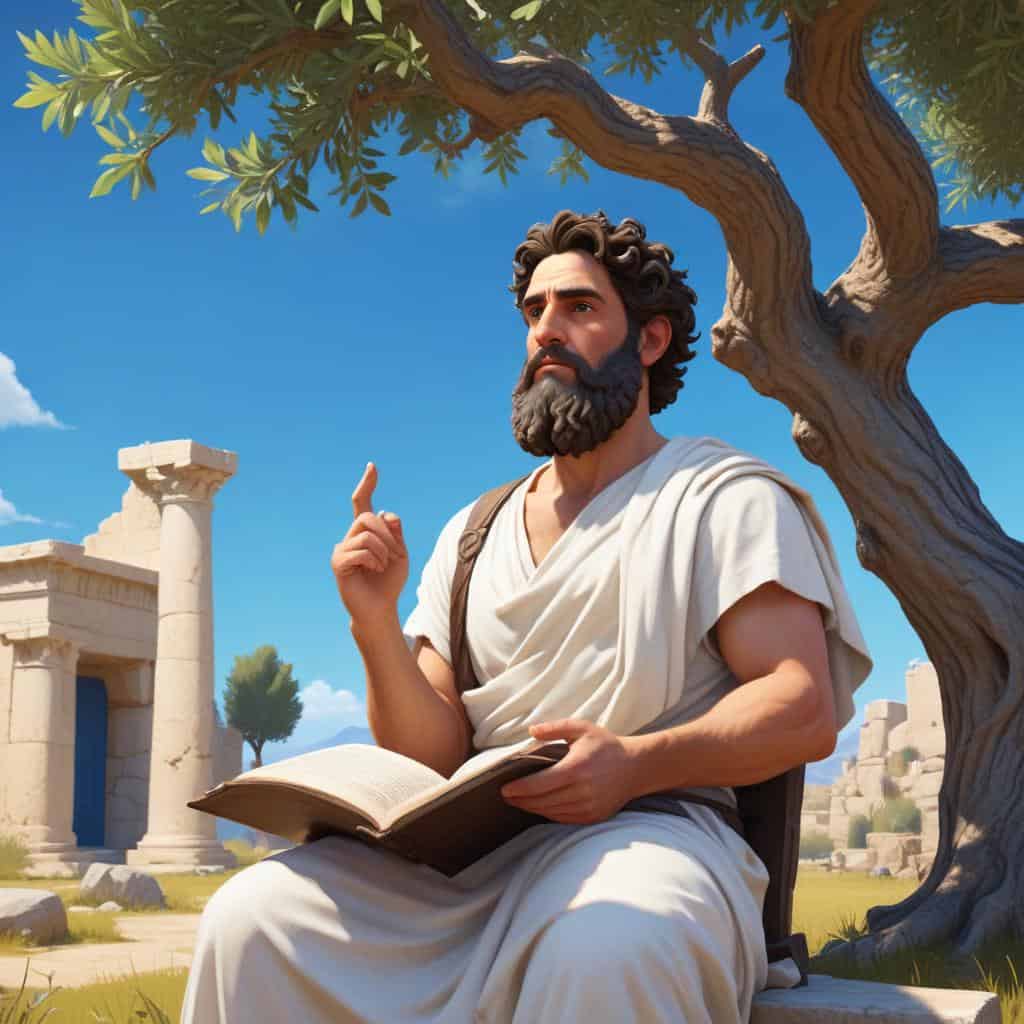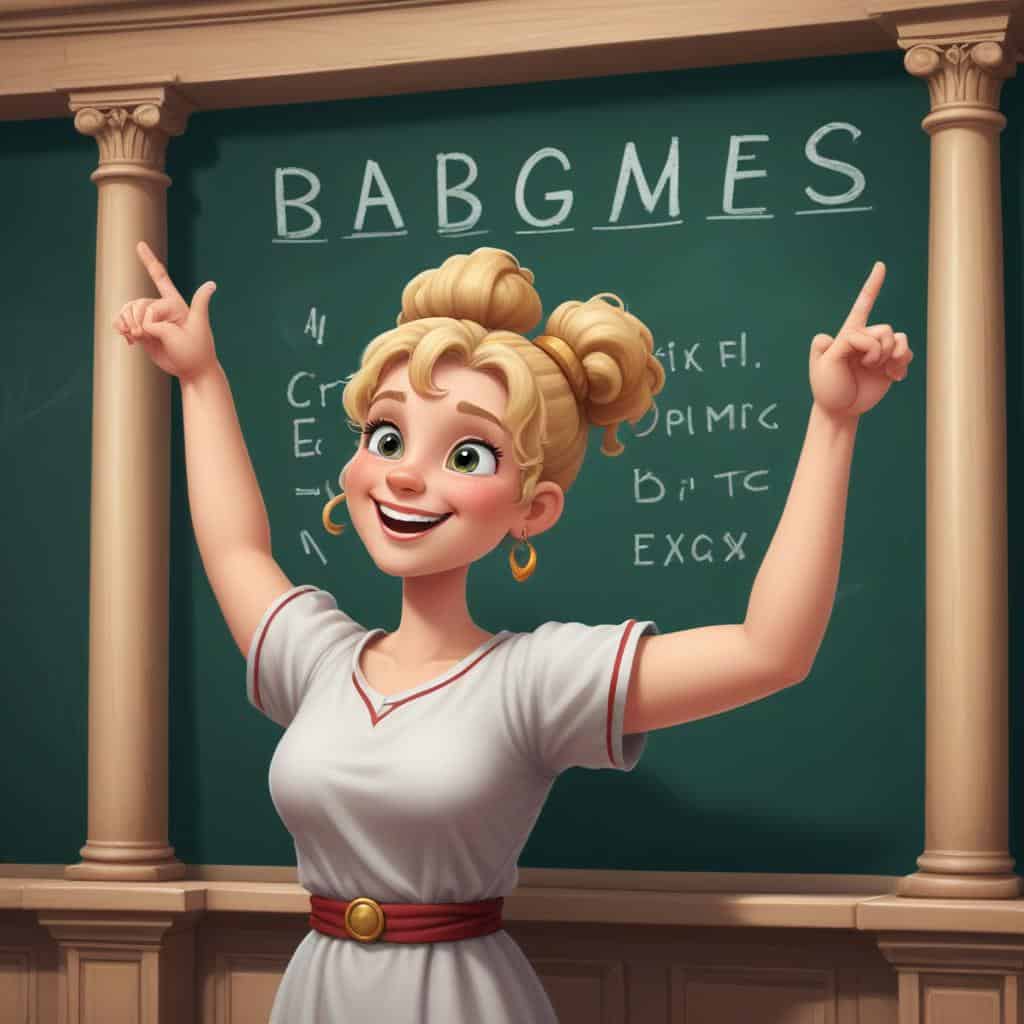Ancient Romans were known for their contributions to art, architecture, literature, and politics. Notable figures include Julius Caesar, Augustus, and Cleopatra. They left a lasting impact on Western civilization.
Summary List
- Julius Caesar was a famous Roman general and statesman who played a critical role in the downfall of the Roman Republic.
- Cleopatra VII was the last ruler of the Ptolemaic Kingdom of Egypt and was known for her relationships with Julius Caesar and Mark Antony.
- Augustus, also known as Octavian, was the first Roman emperor and the founder of the Roman Empire.
- Cicero was a Roman philosopher, politician, and orator who played a key role in the transition from the Roman Republic to the Roman Empire.
- Nero was a Roman emperor known for his tyrannical rule and extravagance, including the persecution of Christians and the Great Fire of Rome.
Games and Apps
Learning Modules for Notable Ancient Romans
Cicero
Cicero was a Roman statesman, orator, and philosopher who played a key role in the transition from the Roman Republic to the Roman Empire. Known for his eloquence and sharp wit, Cicero's speeches and writings continue to be studied and admired for their insight into politics and philosophy.
I Want To Learn This!Julius Caesar
Julius Caesar, a legendary Roman general and statesman, rose to power through military conquests and political maneuvering. His assassination on the Ides of March in 44 BC marked a turning point in Roman history, sparking a series of civil wars and ultimately leading to the end of the Roman Republic.
I Want To Learn This!Marcus Tullius Cicero
Marcus Tullius Cicero was a Roman statesman, orator, and philosopher who lived in the late Roman Republic era. Known for his eloquence and political influence, Cicero played a key role in shaping the politics and culture of ancient Rome. His works continue to be studied and admired today.
I Want To Learn This!Seneca the Younger
Seneca the Younger was a Roman statesman, philosopher, and playwright known for his Stoic beliefs and writings on ethics. His works, including "Letters from a Stoic" and "On the Shortness of Life," continue to inspire readers with their timeless wisdom and practical advice for living a virtuous life.
I Want To Learn This!Livy
Livy is a mysterious and enigmatic woman who seems to hold the key to unlocking a dark secret that has haunted a small town for decades. As she delves deeper into the town's history, she uncovers shocking truths that could change everything they thought they knew.
I Want To Learn This!Virgil
Virgil is a mysterious and enigmatic figure, shrouded in secrecy and intrigue. With a past filled with secrets and a present cloaked in mystery, Virgil's true intentions remain unknown. As those around him question his motives, Virgil's enigmatic aura only grows stronger.
I Want To Learn This!Horace
Horace is a thrilling mystery novel that follows the story of a troubled detective named Horace as he navigates a dangerous case that hits close to home. With twists and turns at every corner, Horace must confront his own demons while trying to solve the biggest case of his career.
I Want To Learn This!Ovid
Ovid, a renowned Roman poet from the first century BC, is best known for his epic poem "Metamorphoses." His work explores themes of love, transformation, and mythology, captivating readers with his vivid storytelling and lyrical style. Discover the timeless beauty of Ovid's poetry and immerse yourself in the ancient world.
I Want To Learn This!Pliny the Elder
Pliny the Elder was a Roman author, naturalist, and philosopher who lived during the 1st century AD. His most famous work, "Natural History," is a comprehensive encyclopedia of the knowledge and beliefs of his time. Pliny died during the eruption of Mount Vesuvius in 79 AD while attempting to rescue friends in Pompeii.
I Want To Learn This!Pliny the Younger
Pliny the Younger was a Roman author, lawyer, and magistrate known for his letters which provide valuable insight into the political and social landscape of ancient Rome. His correspondence with Emperor Trajan regarding the treatment of Christians is particularly notable. Join us on a journey through history with Pliny the Younger.
I Want To Learn This!Cato the Younger
Cato the Younger was a Roman statesman known for his unwavering integrity and staunch opposition to Julius Caesar's dictatorship. His stoic principles and relentless commitment to upholding the values of the Roman Republic made him a legendary figure in history.
I Want To Learn This!Lucretius
Lucretius, a Roman poet and philosopher, is best known for his epic poem "De Rerum Natura" (On the Nature of Things). In this work, he explores the principles of atomism and the nature of reality, offering a unique perspective on the universe and our place within it.
I Want To Learn This!Sallust
Sallust was a Roman historian and politician known for his insightful writings on the decline of the Roman Republic. His works, including "The Conspiracy of Catiline" and "The Jugurthine War," offer a vivid depiction of the political corruption and moral decay that plagued Rome during his time.
I Want To Learn This!Tacitus
Tacitus, a Roman historian and senator, is known for his detailed accounts of the Roman Empire. His works, such as "The Annals" and "The Histories," provide valuable insights into the politics, culture, and society of ancient Rome. Tacitus' writings continue to be studied and revered by historians to this day.
I Want To Learn This!Marcus Aurelius
Marcus Aurelius, the revered Roman emperor and Stoic philosopher, faced immense challenges during his reign. His Meditations, a collection of personal writings, offers profound insights on leadership, virtue, and resilience. Discover the wisdom of this ancient thinker and learn how his teachings can still inspire us today.
I Want To Learn This!Epictetus
Epictetus, a Greek philosopher born in the 1st century AD, is known for his teachings on Stoicism. His discourses and writings emphasize the importance of self-control, resilience, and acceptance of circumstances beyond our control. Epictetus's wisdom continues to inspire and guide individuals seeking inner peace and personal growth.
I Want To Learn This!Juvenal
Juvenal was a Roman poet known for his satirical works that critiqued the societal and political issues of his time. His sharp wit and biting commentary have made him a lasting figure in literature, influencing generations of writers to come.
I Want To Learn This!Lucan
In the mysterious town of Lucan, secrets lurk behind every corner and whispers of the supernatural fill the air. As a new resident delves deeper into the town's dark history, they uncover a web of deceit and danger that threatens to consume them. Will they escape Lucan's sinister grasp, or be lost to its shadows forever?
I Want To Learn This!Apuleius
Apuleius was a Roman writer and philosopher known for his novel "The Golden Ass," a tale of transformation and adventure that has inspired generations of readers. His works offer a glimpse into ancient Roman society and provide valuable insights into human nature and the power of storytelling.
I Want To Learn This!Catullus
Catullus was a Roman poet known for his passionate and raw verses, often exploring themes of love, desire, and loss. His work is characterized by its emotional intensity and vivid imagery, making him a prominent figure in the realm of classical literature.
I Want To Learn This!Marcus Tullius Tiro
Marcus Tullius Tiro was a trusted slave and secretary to the famous Roman orator Cicero. Known for his exceptional shorthand skills, Tiro is credited with inventing the Latin shorthand system known as Tironian notes. His contributions to ancient Roman literature and communication have left a lasting impact on history.
I Want To Learn This!












